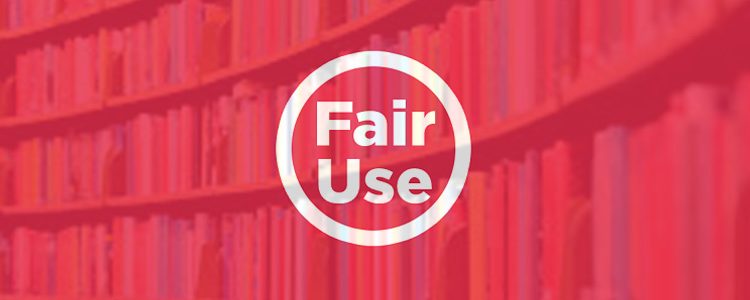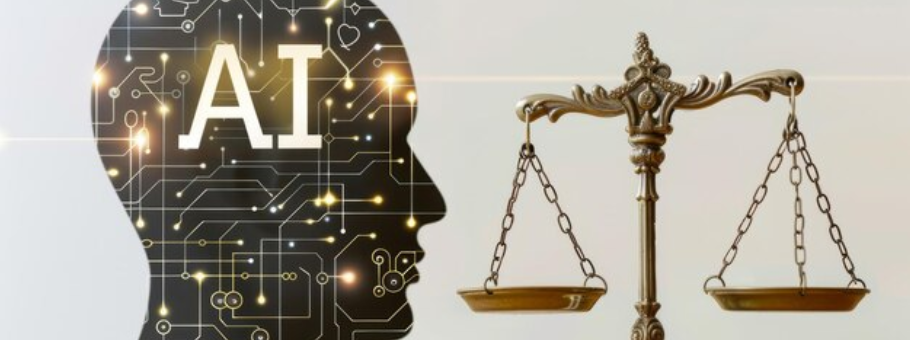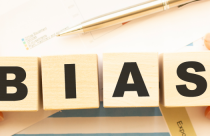Fair Use in Academic and Research Libraries

Librarians serve many individuals while performing their daily tasks.
- Students count on them for assistance in navigating through increasingly complex databases and accessing e-materials needed for online courses and research projects.
- Faculty needs access to case studies and other course material as well as research materials for their own research.
- Researchers need assistance in creating/maintaining the literature reviews for their ongoing research studies.
- Parent institutions count on their expertise for the collection, curation, and sometimes the preservation of valuable research.
They have also become the primary point of contact for definitive guidance on the fair use of copyrighted materials in order to avoid any incidents of plagiarism and/or copyright violation. For the well-known academic institutes, to continue sustaining the pace at which research is published by their faculty, ensuring accessibility to information is essential and librarians are playing a critical role in helping them achieve this.
Caught in the Middle
The commitment of librarians to the mission and values of the institution places a priority on the role they fulfill in enabling the teaching, learning, and research functions. When faced with purchase decisions for journals and research databases, the requirements and expectations must be balanced with the financial realities of the institution as a whole. For example, when faculty member’s request access to articles from a particularly esoteric journal, which may not be financially viable, librarians can help obtain the specific case study from that journal, which could be critical to the course that he or she is teaching.
In today’s scholarly publishing industry, the subscription fee to access journals is increasing year-on-year; therefore, academic institutions are finding it extremely difficult to be able to maintain their budgets. Considering the pace of research nowadays and the extensive number of journals to which subscriptions are required, ensuring authenticity in the bibliometric data is becoming particularly important for the visibility of new studies.
Enforcers
Librarians are required to ensure that faculty members/researchers comply with the fair use privilege under copyright law. In addition, with the pace at which collaborations are increasing across geographies, complying with the copyright and transparency laws has to be managed by librarians. The correct enforcement of fair use must be seen to be confirmatory and, more importantly, consistent. It falls to the librarians to document both the pro-activity of faculty and training on this issue, in addition to the consistent application of institutional policy.
Shooting the Messenger
Compliance to copyright law and fair use privileges does have its institutional cost and reprint permissions are by no means inexpensive. For instance, In 2010, when the Association of Research Librarians surveyed their membership on this issue in advance of the publication of a “Code of Practice on Fair Use,” several respondents recalled being held responsible for the “...downsizing, postponing, and shelving courses, research projects, digitization initiatives, and exhibits due to costs associated with seeking permission or making what seem to be tedious case-by-case determinations of fair use.”
Thus, monitoring fair use in academic and research libraries is clearly a challenging and often unappreciated responsibility as transgressors, who are forced to fund permission fees or find alternative materials, give no thought to the penalties the institution would face as a result of a lawsuit for copyright infringement.





![What is Academic Integrity and How to Uphold it [FREE CHECKLIST]](https://www.enago.com/academy/wp-content/uploads/2024/05/FeatureImages-73.png)



